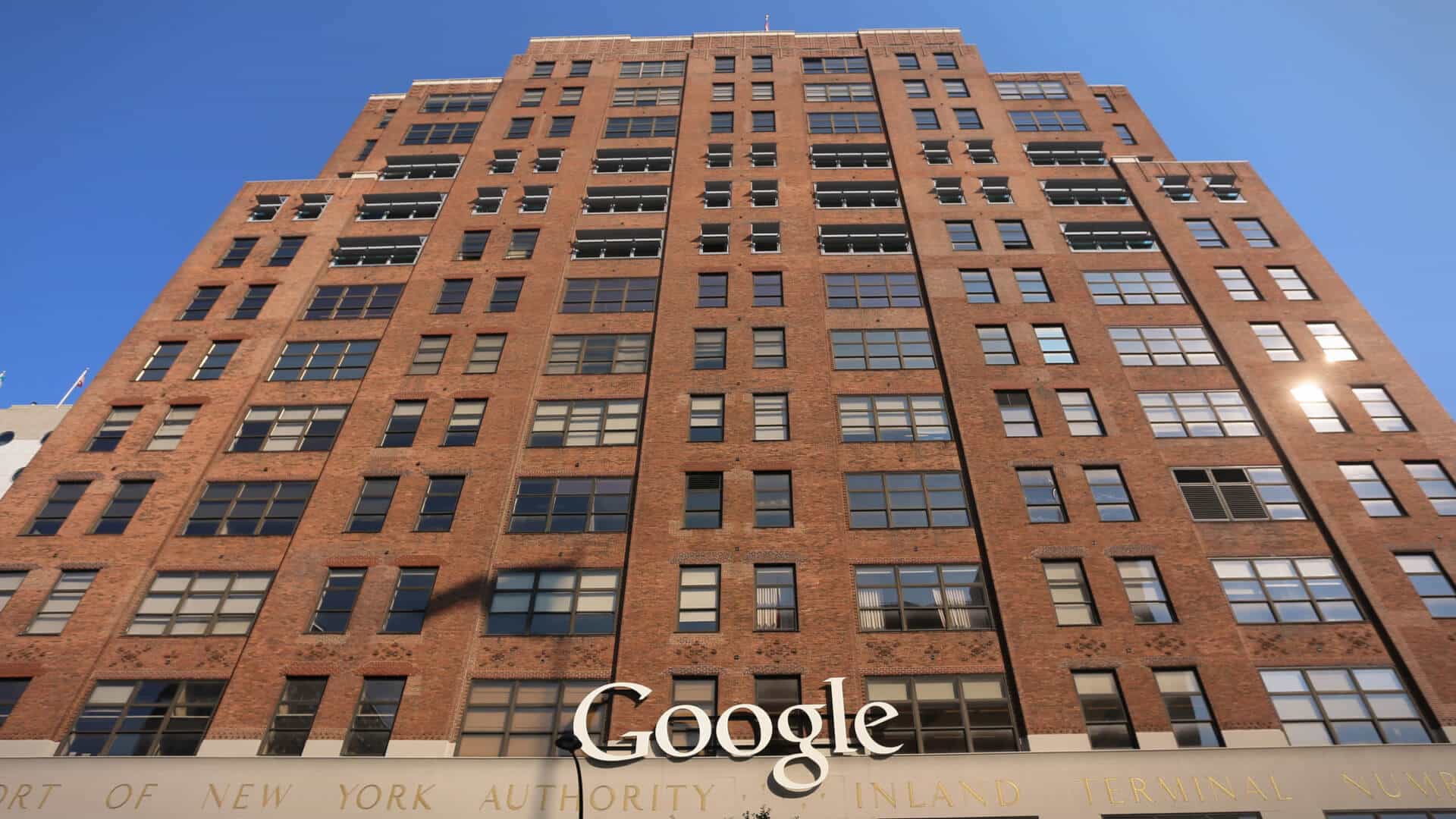Search Engine Land’s daily brief features daily insights, news, tips, and essential bits of wisdom for today’s search marketer. If you would like to read this before the rest of the internet does, sign up here to get it delivered to your inbox daily.
Good morning, Marketers, and do you remember office life?
By now you probably know I work from a coworking space. They’ve recently started construction to expand it, which is great because there will be more room! But it’s also awful because the construction noise is atrocious. To remedy this and to save the ears of the poor people I spend all day on calls with, I booked a conference room for the afternoon.
Just like at the office (remember those?), I arrived at the room for my booked time, and it was occupied. I waited until exactly noon (my reservation hour) and then politely knocked and waved. The squatters acted surprised but still took their sweet time to gather their things and leave.
I rushed in, late for my first call, and got settled. But once I got a chance to take a breath between calls I remembered that this is how it used to be all. the. time. when we actually went places to work around other people at our jobs. We did the conference room dance and awkward wave all the time!
Many businesses are saying they will stay remote or at least introduce hybrid options. I’m interested to see what new customs we come up with in these remote or partial in-office environments. I, personally, am a big fan of the “goodbye Zoom wave” myself.
Carolyn Lyden,
Director of Search Content
Google search terms report adds historical query data for impressions without clicks
As of yesterday, Google Ads will show advertisers historical data for queries that received impressions but no clicks in the search terms report for Search and Dynamic Search Ads campaigns, the company announced.
“Historically, the report only ever showed queries that resulted in a click,” Pallavi Naresh, senior product manager at Google, told Search Engine Land. “We knew that advertisers wanted more data and we had to make investments in our tech stack to show this magnitude of data in Google Ads.”
And, on February 1, 2022, the company will remove historical query data collected before September 1, 2020 (the day before the company initially limited search terms reporting) that doesn’t meet its privacy thresholds.
Why we care. Advertisers are gaining access to some new data, but this update is not a reversal of the September 2020 change that initially limited search terms reporting. The additional data is for queries that received impressions but no clicks and the data is still only for “terms that were searched by a significant number of users.”
Nevertheless, this new information could be quite useful for many advertisers. The additional query data could reveal what’s failing to attract the right audience. Advertisers can use this information to build out their negative keyword lists to improve their campaign efficiency.
Why you shouldn’t overlook site search optimization
We all know that listening to the wants and needs of our customers is essential to delivering satisfying experiences that drive conversions.
Steve Zakur, CEO at SoloSegment, will explore the process of improving your onsite search, which in turn will help improve your business results, next week at MarTech.
ICYMI: Missed the news this week? Don’t worry. We gotchu, fam.
Video and vertical-based product ads pilots arrive on Microsoft Audience Network. Disclaimers in ads, third-party integrations with Universal Event Tracking, flexible insertion orders and inline appeals for rejected product offers were also among Microsoft Advertising’s September announcements.
Google News app will display non-AMP content and send readers to publisher pages. Tracking and performance reports in Google Search Console won’t be affected.
Microsoft Ads announces optimization score. The availability of Optimization Score in Microsoft Ads now means advertisers have the option to ensure they understand all of the recommendations and consider options they may not have before.
Bing content submission API now available to all. Now you can push your content and HTML directly to Bing Search without the need for crawling.
Search Shorts: Movin’ on up (while in-house), ranking in Google Discover, prepping your holiday PPC strategy, and site manager role leaves GMB
Career progression within in-house SEO – the conundrum. Land of Rugs SEO expert, Billie Geena, runs through the top three issues in-house SEOs see in their day-to-day work.
What does it take to rank in Google Discover? With Google Discover, the user does not need to search for anything. The product is a form of queryless search: the feed of content is displayed based on the user’s interests alone and without any query being entered. So how do you show up?
Yep, it’s already that time. Prepping your holiday paid media strategy. This post breaks down the steps your B2B business needs to refine your paid media strategy, stay competitive, and drive results during a holiday season typically dominated by B2C retailers.
It’s official. Google My Business is getting rid of the site manager role. That’s what Joy Hawkins tweeted yesterday along with a screenshot of the email from GMB.
Quote of the Day: Keep asking questions (even if they’re obvious to everyone else)
“I’m the most annoying person on the call. Every. Single. Time. Why? Because I can’t write about what I don’t understand,” explains Cain Lewis, Freelance Copywriter and Founder at Kraken. “I can’t be an expert in everything, so I’m always asking questions. They’re mostly stupid questions to everyone else on the call, but they’re necessary for me to do my job to the best of my ability – so I’ll never shy away from asking them.”
Contributing authors are invited to create content for Search Engine Land and are chosen for their expertise and contribution to the search community. Our contributors work under the oversight of the editorial staff and contributions are checked for quality and relevance to our readers. The opinions they express are their own.



